Overview
The Contract Lifecycle Management (CLM) landscape is no longer a static document management system – it is a dynamic, transactional system that tightly integrates other key enterprise components such as CRM, CPQ, Billing, and Revenue Recognition. CLM software bridges organizational gaps between legal, procurement, sales, HR, finance, and a litany of other departments that require synchronicity to act on contract data effectively and maximize business potential.
AI is building on the progress made in the digital transformation that many companies have pushed for in the last decade. Gen AI (and in some prevailing cases, Agentic AI) is approaching a degree of confidence where CLM systems are not just powerful software that humans operate, but ones that automate many of the time-consuming, error-prone aspects of contract management. Organizations of all sizes are well behind if they are not already utilizing CLM or at least evaluating one for the first time.
Featured Research
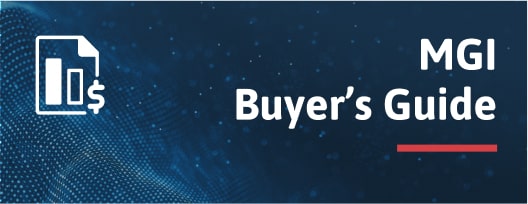
Contract Lifecycle Management (CLM) Top 35 Buyer’s Guide - 2025
This Buyer’s Guide to the CLM market rates leading suppliers by product functionality, management teams, channel breadth, strategy, and more.
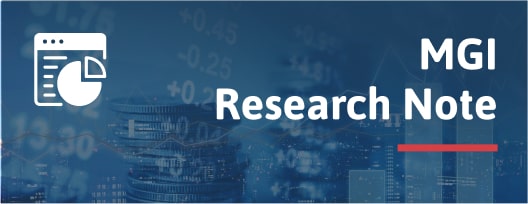
The Future of CLM is Data 1st
Most CLM products on the market today are designed with a “Document-1st, Data-Maybe” approach. Why not focus on data first?
Key Issues
The Contract Lifecycle Management (CLM) research practice provides business and finance executives an unmatched combination of user insights, market data, vendor analysis, and confidential advisory services. Backed by the MGI 360 Ratings™ and MGI Market Forecasts, we are the only firm to issue independent, quantitative ratings of CLM solution providers and sizing of the CLM market. Below are examples of key issues we address for our clients.
- What is the state of AI in CLM? Is an AI-first CLM a good fit for our organization?
- What AI-driven features in CLM deliver real value, and which ones are experimental?
- What new cost savings and top line revenue growth are possible with modern CLM?
- How should organizations plan, organize, and budget for CLM adoption?
- How large is the CLM market? How fast is it growing? What will be the impact of AI on the overall trajectory of the market?
- How do CLM solutions compare in terms of cost, implementation times, and benefits delivered?
- What is the realistic size and total addressable market (TAM) for CLM?
- What are the critical and emerging requirements for a modern CLM platform?
- What factors will drive adoption of CLM?
- What new channel and marketing alliances are likely to emerge for CLM?
- Which companies are likely new market entrants or disruptors?
- What are the key metric and valuation trends for successful CLM software suppliers?
Capabilities
MGI Research coverage enables IT executives, users, and investors to make more informed, timely, and critical go/no-go decisions on issues that directly affect valuations, market entry and exit, major investments, acquisitions, and divestitures. MGI’s core quantitative research helps technology vendors and investors to more accurately assess and benchmark company operating performance and strategy as well as identify paths for improvement in growth, gains in market share, and valuation multiples.
MGI’s research process is based not only on the experience and opinions of key analysts but also on in-depth and continuous information gathering, validation, peer review, and analysis as well as an extensive database of operating metrics. Being an independent research firm empowers MGI to voice unbiased opinions and make nonlinear predictions.
View All Research-based PracticesContract Lifecycle Management (CLM) Vendors Under Coverage (Partial List)
CLM is a critical business application touching many key functions and becoming a core system of record. Buyers are becoming more sophisticated as the market shifts from first-time buying to replacement and upgrades of initial CLM investments. The vendor landscape is increasingly fragmented, as target use cases down-market and up-market have widening gaps. Vendor viability is a growing concern. MGI’s research, benchmarks, and objective 360 Ratings™ provide an independent analysis that aids both buyers and vendors in the market.
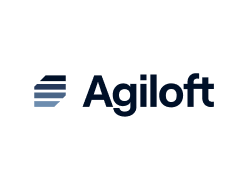
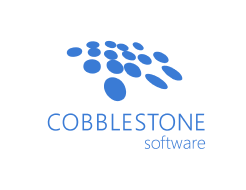

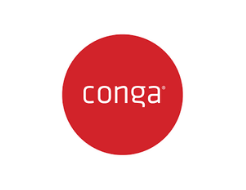
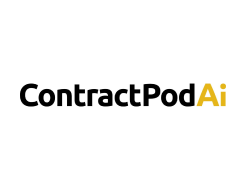

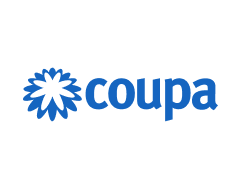


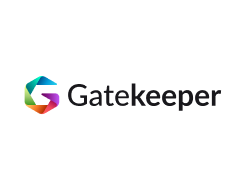
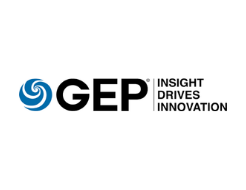
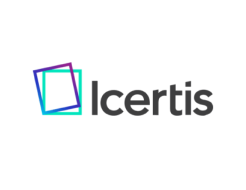
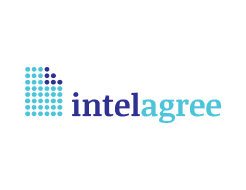
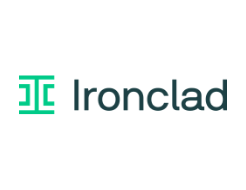
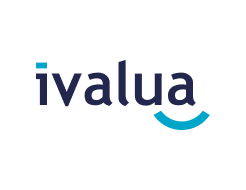
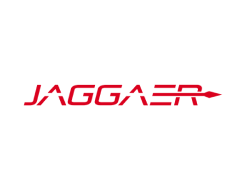
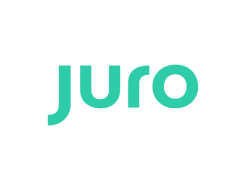

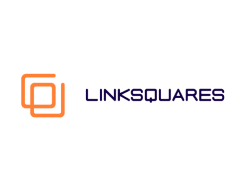
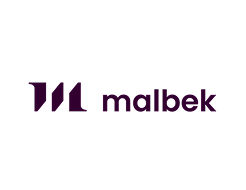
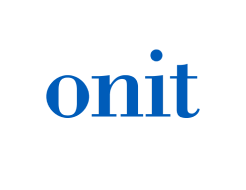
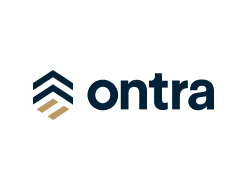
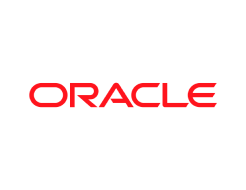
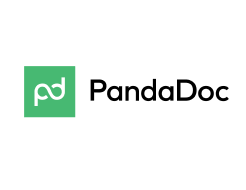
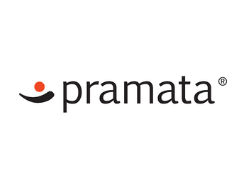
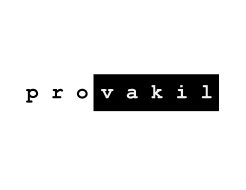
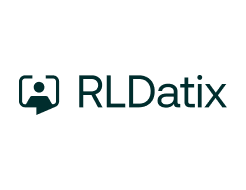

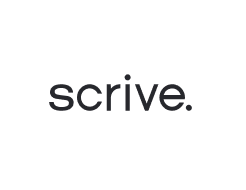
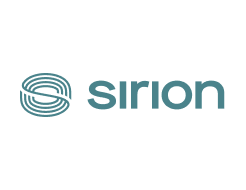
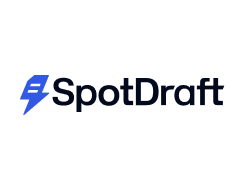

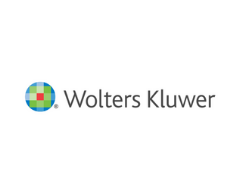
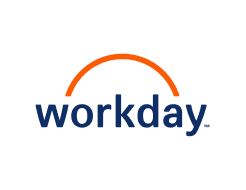
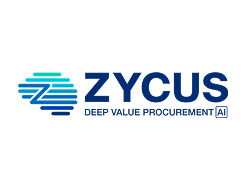
MGI Events
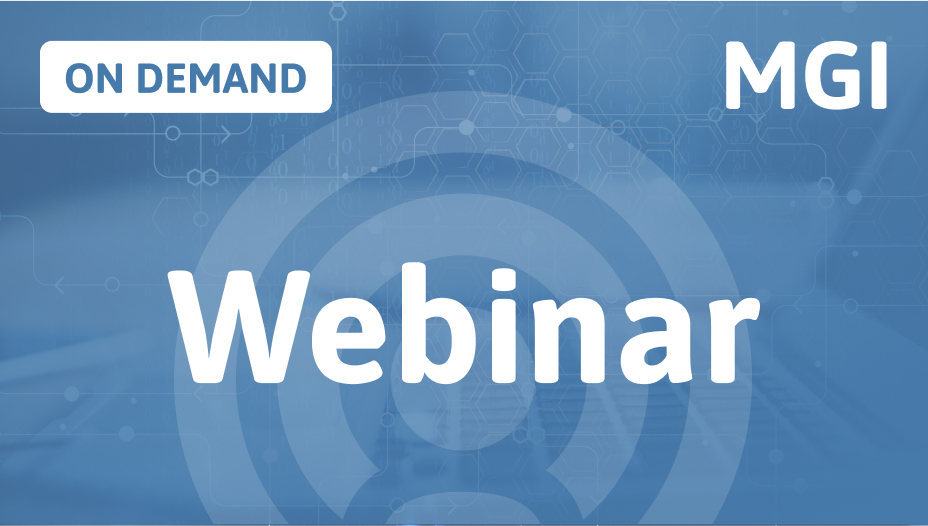
AI and the Future of CLM
In this session, Conga CPO (and former DocuSign CTO) Grant Peterson joins MGI analysts to explore the transformative potential of AI within the Contract Lifecycle Management (CLM) landscape.

MGI 360™ Vendor Ratings & 2025 CLM Buyer’s Guide Launch
Watch the MGI Research analyst team unveil the latest MGI 360 Ratings and the 2025 CLM Buyer’s Guide, covering stack ranking amongst the top CLM vendors.
Contract Lifecycle Management (CLM) Catalyst Subscription Access
By accessing the power of MGI Research resources, clients get a comprehensive view of the market that includes enterprise best practices, quantitative research, and analysis of all the billing and business applications vendors as well as the collective experience of the MGI analyst team that brings decades of enterprise experience. Our research is updated continuously, and clients have unlimited, direct access to our analyst team.
Learn More